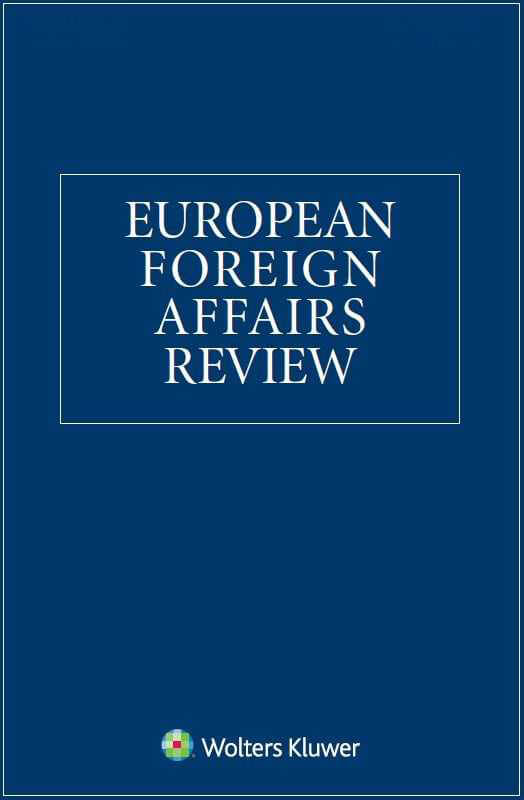Home > All journals > European Foreign Affairs Review > 24(SI) >

$15.00 - Rental (PDF) *
$29.00 - Article (PDF) *
Giles Scott-Smith
European Foreign Affairs Review
Volume 24, Special Issue (2019) pp. 21 – 41
https://doi.org/10.54648/eerr2019017
Abstract
This article considers the cultural relationship in the transatlantic space from the perspective of US cultural diplomacy. It interprets cultural diplomacy as the mobilization of soft power resources in the support of foreign policy goals, as distinct from the cultural relations pursued by non-state actors. During the second half of the twentieth century, a large-scale investment by US cultural diplomacy was aimed at developing and nurturing the cultural ties with Europe, as part of the wider integration of (Western, later also Eastern) Europe into a US-led world order. This involved combining the unique outreach possibilities provided by the appeal and excellence of US cultural producers with an anti-communist agenda that sought to reverse the negative perception of the United States as culturally ‘barren’. This effort declined following the end of the Cold War, since it was no longer considered important. The shock of 9/11 once again directed attention to how the US portrays itself abroad, reviving interest in cultural diplomacy and generating a wide range of programmes to (re-)engage with European publics, particularly minorities. The article begins by introducing the concept of cultural diplomacy, and examining its uses during the Cold War. It then evaluates the specific cultural tools that have been used to establish transatlantic connections in the wake of 9/11. It concludes by considering the growing significance of the ‘transnational transatlantic’ for developing goal-driven ties between the US and Europe across a range of issues.
Extract
